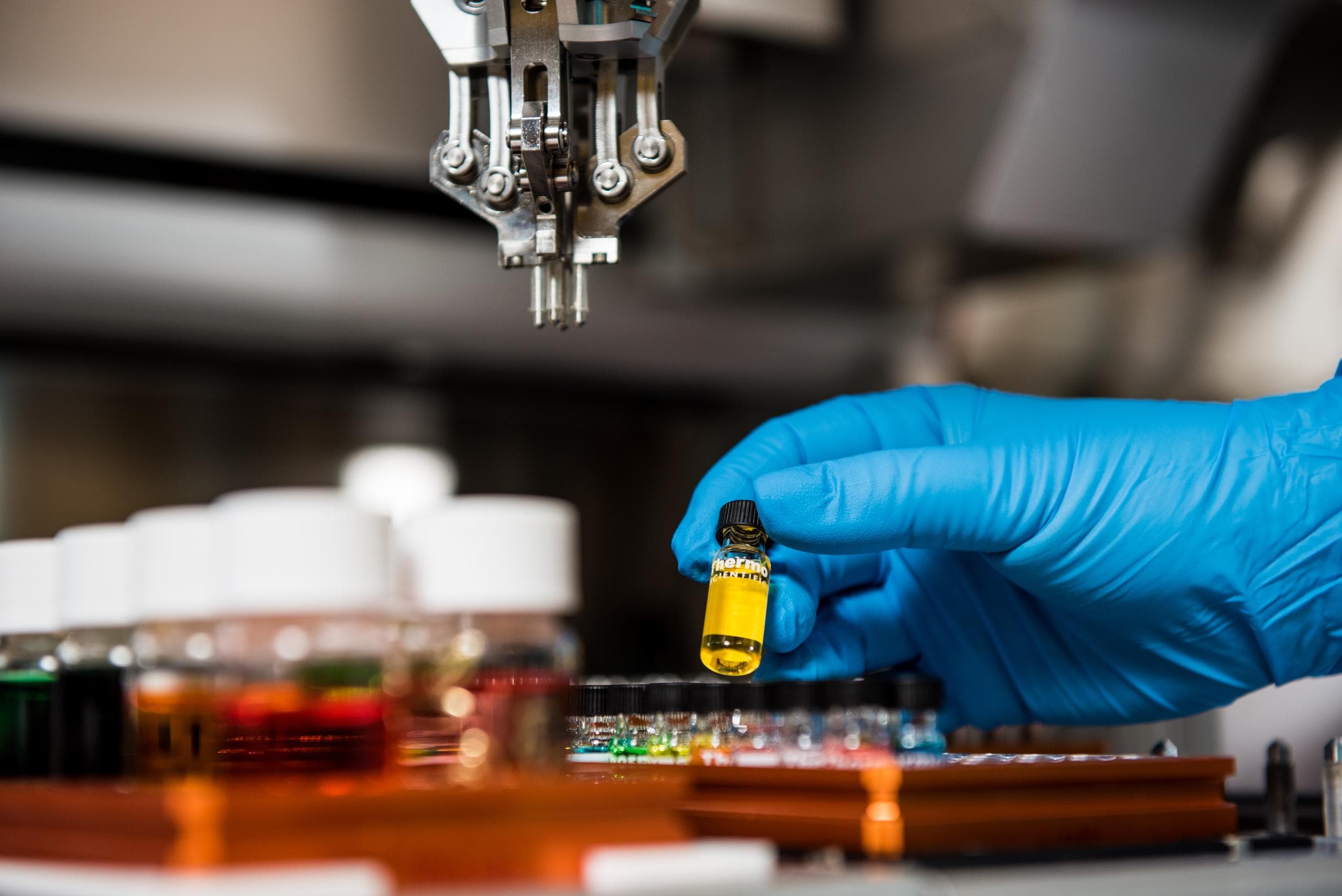How We Might Identify Nice People Using Our Sense of Smell
Can humans detect chemical signals that clue us in to who can be trusted? We all have had the experience of instantly judging people to be trustworthy or untrustworthy, and there is some evidence we do this by looking at people’s faces. But humans might also respond to other cues, such as the constituents of sweat, using our sense of smell.
A great deal of scientific evidence makes it clear that natural selection has shaped our abilities to choose good mates in order to maximize our fitness (in the Darwinian sense). But we believe that natural selection has also shaped our capacity to choose good friends. This idea is explored in Blueprint: The Evolutionary Origins of a Good Society, which was published in 2019.
In 2011 and 2014 we published two landmark papers in PNAS showing that friends resemble each other not just superficially (such as in political orientation or body size), but also genetically, possibly reflecting the active workings of an unknown biological system within us. Now, we wish to build on this work, exploring whether and how humans might have evolved to signal to each other how reliable a friendship partner they might be. We believe that it is likely that people should (to some small but discoverable extent) be able to sense who is likely to cooperate with them and be nice to them, and who is not. For various reasons, it is likely that this might be carried out through olfactory signals. In other words, we may give off subtle cues about our willingness to cooperate with others through the chemicals in our sweat that others can detect.
Here, we propose to collect data that combines people’s cooperative phenotype (measured with economic games, with which we have much experience) with analyses of their sweat constituents using Gas Chromatography Mass Spectroscopy. We plan to do this both in our laboratory at Yale with New Haven residents and also in Honduras, where we can look at our results in relation to the rich social network data we have already collected there.
